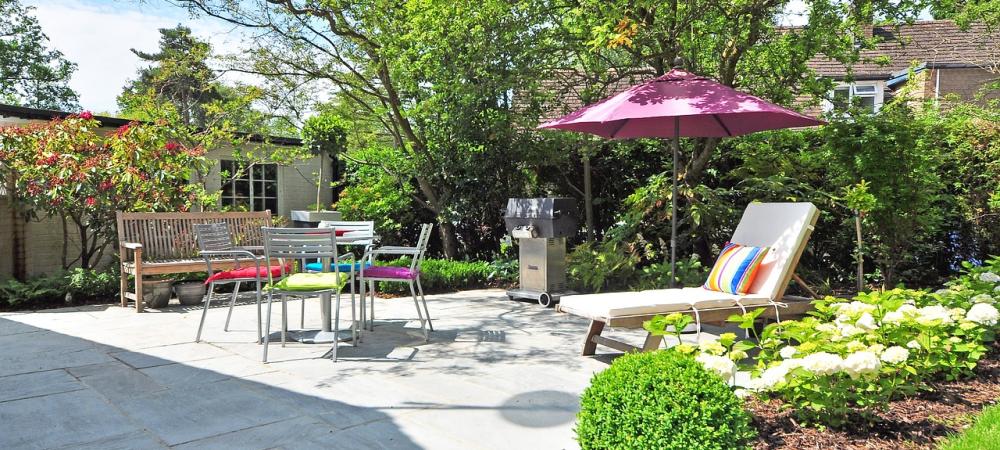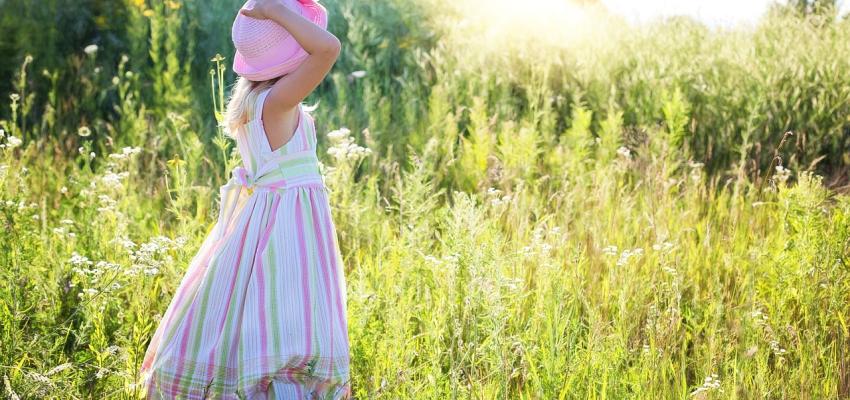When Are Mosquitoes Active in North Carolina?

Mosquitoes are more than just a nuisance; they can also pose health risks by spreading diseases like West Nile virus, Zika virus, and Eastern Equine Encephalitis. For homeowners in North Carolina, understanding when mosquitoes are most active can help you protect your family and home from these buzzing pests. In this blog, we’ll dive into the mosquito season in North Carolina to help you avoid these times and prevent itchy mosquito bites.
What Time of Year Are Mosquitoes Active in North Carolina?
Mosquitoes in North Carolina are typically most active from late spring through the fall, but their exact activity depends on temperature, humidity, and rainfall patterns. Here's a more detailed look at the seasons and factors that influence mosquito activity:
Spring: April to June
As temperatures rise in early spring, mosquitoes begin to emerge from their winter dormancy. Spring in North Carolina can be unpredictable, with temperature swings, but as the weather warms, mosquitoes start to become more active, particularly in areas near standing water. Puddles, rainwater in containers, and natural bodies of water provide ideal breeding grounds. In addition to standing water, learn what else may attract mosquitoes to your yard.
- Peak Mosquito Season: While mosquitoes are present, they are not yet in full force. Activity will increase as the temperature stabilizes.
Summer: June to August
Summer is peak mosquito season in North Carolina. With average temperatures in the 80s and frequent rain showers, mosquitoes thrive during this time. The humid climate, combined with abundant standing water from summer rains, creates perfect breeding conditions.
- Most Active Time: Mosquitoes are most active during the early evening and early morning hours. This is when temperatures are cooler and humidity is high, which makes these times ideal for mosquitoes to feed.
Fall: September to November
Fall in North Carolina can feel like a second summer, but by September, cooler temperatures start to reduce mosquito activity. However, mosquitoes are still active through early October, especially if the weather is warm and humid.
- Activity Decline: As temperatures dip in late fall, mosquito activity begins to taper off. However, in warmer parts of the state, mosquitoes can still be a concern until the first frost.
Winter: December to March
During the colder months, mosquito activity slows to a halt. Most adult mosquitoes die off with the arrival of winter’s first frost. However, some mosquito species, like the Asian Tiger Mosquito, can survive the winter in a dormant state. They may start becoming active again as early as March, particularly in the southern parts of the state where temperatures are milder.

What Time of Day Are Mosquitoes Active in North Carolina?
In North Carolina, mosquitoes are typically most active during the early morning and dusk to evening hours. Here's a breakdown of their activity patterns:
Early Morning (Dawn)
Mosquitoes are active as soon as the sun rises, especially when temperatures are cooler and the humidity is high. This is often the first peak time for mosquito activity, as they emerge from their resting spots to feed.
Midday
During the heat of midday, mosquitoes tend to be less active because it's often too hot for them to function efficiently. However, in areas with consistent shade or abundant water, mosquitoes may still be present and active.
Evening and Dusk
The second peak of mosquito activity occurs during the dusk to evening hours, right before sunset. As the sun sets and temperatures cool down, mosquitoes are highly active and seeking out hosts to feed on. The low light and humidity during this time make it an ideal time for mosquitoes to be out.
Factors That Affect When Mosquito Are Active
Several local factors can impact mosquito activity in North Carolina, making it crucial to be proactive about mosquito control on your property. These include:
Temperature
Mosquitoes are cold-blooded, meaning their activity is directly affected by temperature. They are most active when temperatures are between 70°F and 85°F. This is why summer months are the most troublesome, as they offer consistent warm conditions for mosquitoes to breed and feed.
Rainfall and Standing Water
Rainfall increases the number of mosquito breeding sites. Mosquitoes lay their eggs in standing water, and even small puddles or birdbaths can become breeding grounds. After heavy rains, it’s essential to inspect your yard for any standing water, as it could host mosquito larvae.
Humidity
Mosquitoes thrive in humid conditions. North Carolina’s summer humidity creates an ideal environment for mosquitoes to stay hydrated and remain active for longer periods, especially during the cooler parts of the day.
Location
Different areas of North Carolina have varying mosquito activity due to local geography. Coastal areas, like Wilmington and the Outer Banks, tend to have higher mosquito populations due to the abundance of standing water in marshes and swamps. Meanwhile, mountainous regions in the western part of the state may see less mosquito activity due to the cooler, less humid environment.
Final Thoughts
In North Carolina, mosquitoes are most active from late spring to early fall, with the peak of activity during the hot, humid summer months. By understanding when mosquitoes are most active and taking preventive measures, you can protect your family and enjoy your outdoor spaces without the nuisance and health risks mosquitoes bring.
To ensure year-round protection, consider partnering with NoMosquitoes. Our expert team provides comprehensive mosquito control services, targeting breeding grounds and using effective treatments to keep mosquitoes at bay throughout the entire year. Be proactive, eliminate breeding sites, and let NoMosquitoes help you maintain a mosquito-free home, so you can enjoy your outdoor living spaces with peace of mind.
Check Out Our Related Mosquito Blogs:
